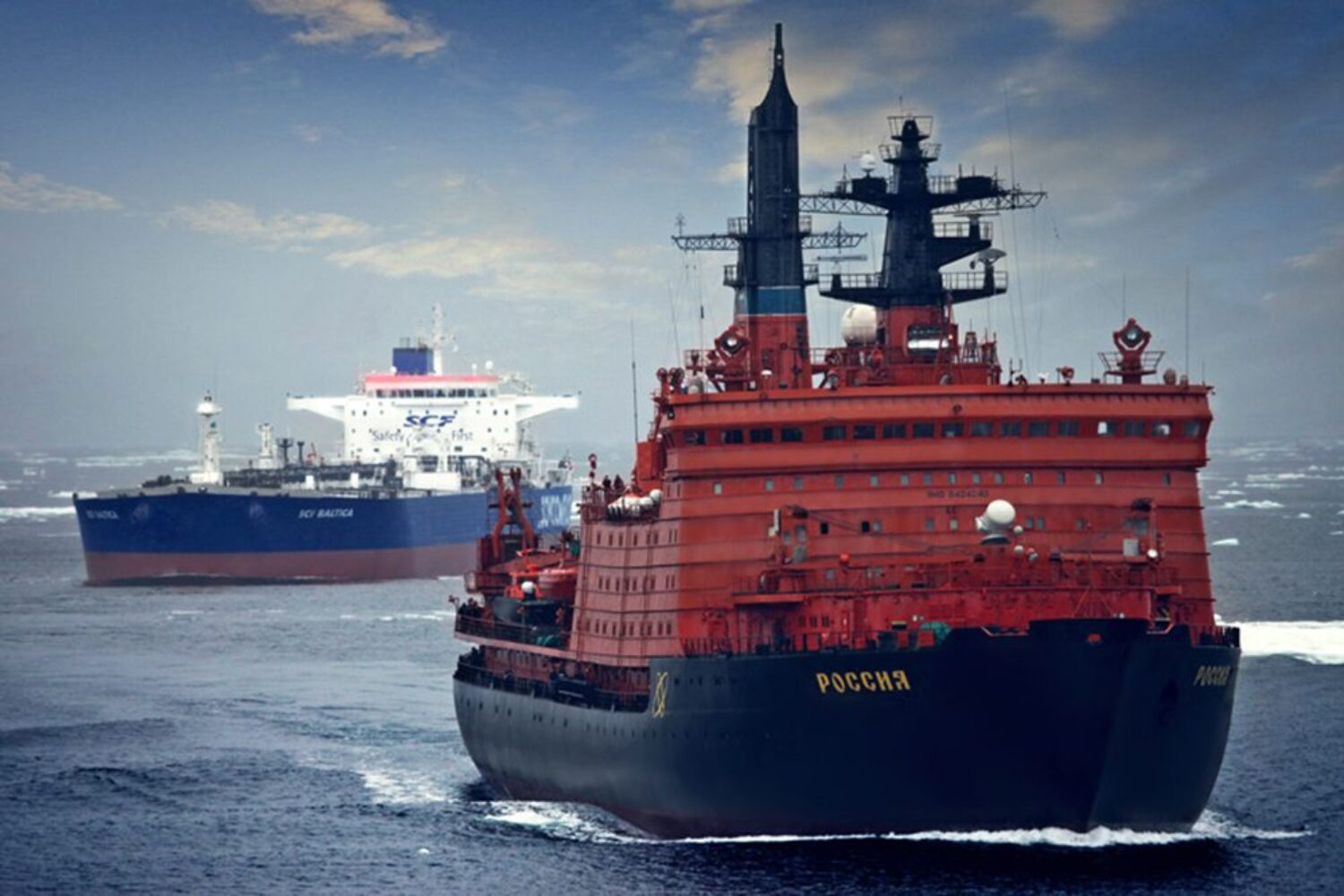It’s all about credit facilities and hundreds of ships: Russia’s government is injecting fresh funds into the industry to support the country’s shipbuilding sector.
Moscow has provided 2.96 billion roubles, the equivalent of around €32 million, to stabilize the domestic shipbuilding industry. The money is allocated to help companies pay interest on loans and leasing contracts for civilian ships that were concluded between 2009 and 2025.
The aim is to cushion the impact of the deteriorating economic situation and the rise in the central bank’s key interest rate. Prime Minister Mikhail Mishustin signed the measure as part of the federal project “Production of ships and marine equipment”.
According to official information, the funding is intended to fulfill obligations from at least 70 existing loan and leasing agreements in 2025. In addition, the purchase of ships via Russian leasing companies will be promoted in 2022 and 2023. Installment payments for ship purchases from 2022 and 2023 via Russian leasing companies will also be subsidized by the state.
At the same time, Russia is pursuing a long-term goal. Hundreds of new civilian ships are to be built by 2050 and the industrial basis of shipbuilding is to be modernized. Investments of over €5.5 billion are planned for this over the next six years.
The state-owned shipbuilder Krasnoye Sormovo, part of the sanctioned United Shipbuilding Corporation, is also receiving its own modernization programme. Around €82 million has been earmarked for this, including for infrastructure improvements and new equipment.
Oil remains a means of exerting foreign policy pressure
Meanwhile, the EU has introduced new measures against the Russian oil trade. A flexible price cap, which is 15% below the average market price, is intended to tighten the existing sanctions rules. Currentlyt, this would mean a maximum price of around $47.6 (€40.8) per bbl. The international price for Russian Urals oil is currently around €49.7 per bbl.
Moscow rejects the new measures. Kremlin spokesman Dmitry Peskov emphasized that Russia has developed a certain immunity to sanctions and has adapted to life under the restrictions. In addition, new sanctions packages also harm those countries that support them.
Trade experts and Russian sources doubt the effectiveness of the new price limit anyway. As the USA is not participating, the effect will remain limited. Russian traders assume that only transportation costs could increase, particularly for Western shipping companies, especially those from Greece, Cyprus and Malta, which have played an increasingly important role in the Russian oil business to date. However, the actual sales markets are hardly affected by this, as they are not participating in the Western sanctions.
Despite the sanctions, Russia supplies about 80% of its oil to China, India and Turkey. Smaller quantities continue to flow to Hungary, Slovakia and the Czech Republic via the Druzhba pipeline.













